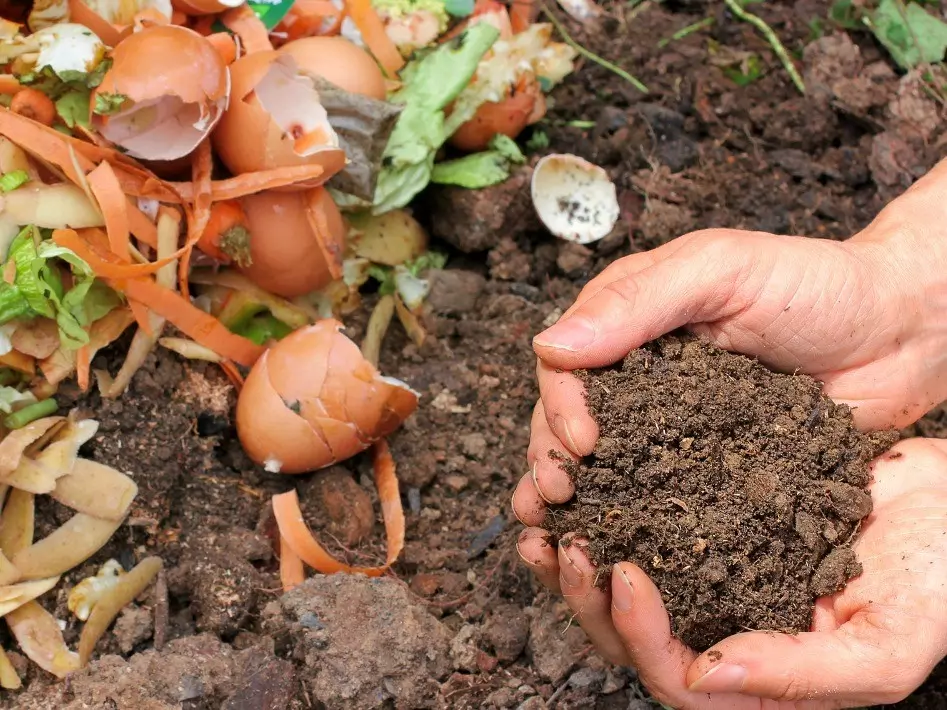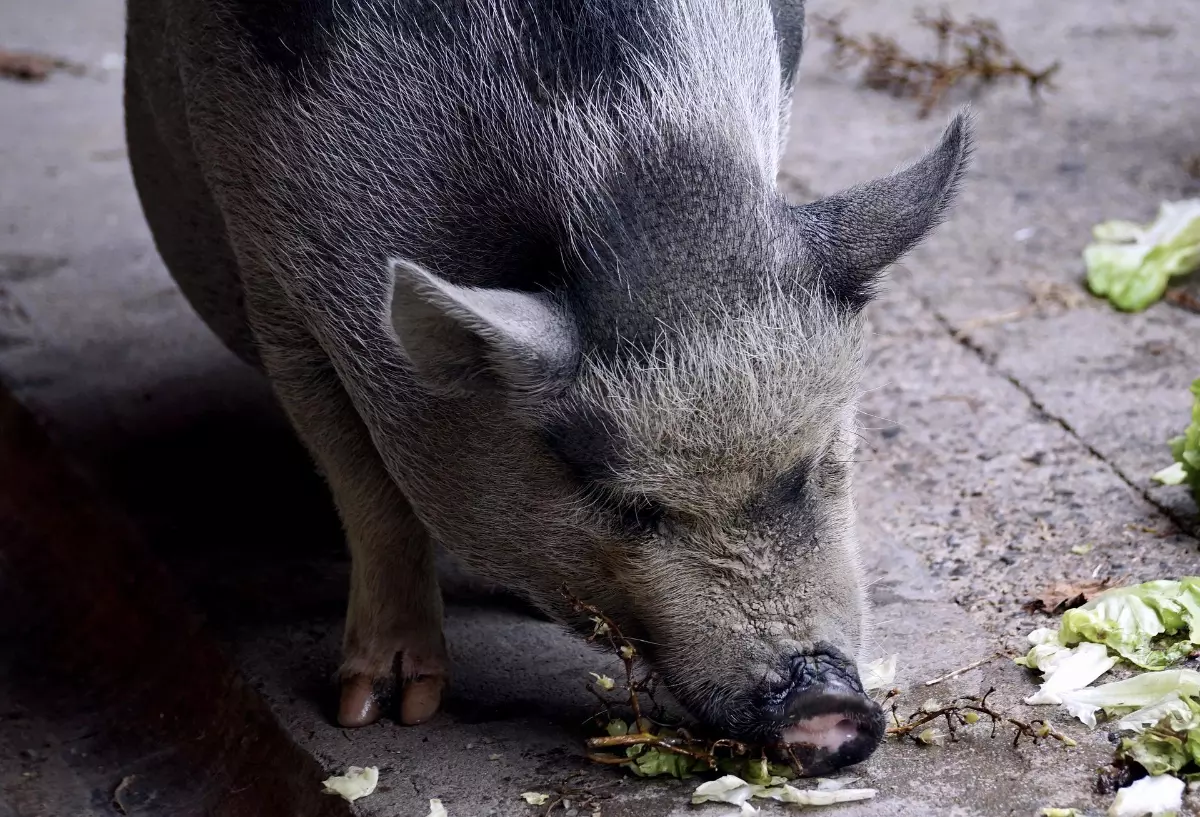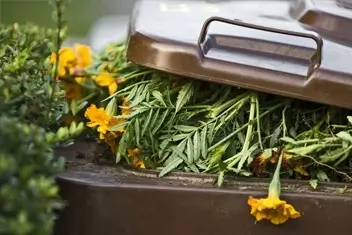Are you looking for more information about how garden waste is disposed of? Find out more about garden waste and how it can be removed and recycled efficiently.
What to Do with Garden Waste?
According to the Multidisciplinary Digital Publishing Institute, there are studies that show that households across England produce an average of around 0.79 kilograms of garden waste each day, or 288 kilograms per year. These are huge numbers that really make you consider the ways that we deal with our waste. It begs the question, are there more sustainable ways to manage our garden waste?
Especially in recent years, with all the lockdowns and working from home, a lot of people that begun to look deeper into their household maintenance and a huge part of this is gardening. Many people spend time in their garden as a hobby, while others simply see it as a chore that needs to be done to make the property look acceptable. There are many activities involved in gardening that relate to the handling of waste that people will simply overlook.
When gardening, it is important to nurture plants, but this does not mean you can forget the added responsibility of taking care of all the green waste that is produced. It is recommended that you do not dump your waste into any public water or land.
If you want to know if there is a local centralized waste recycling, then you should get in touch with your local council. In modern times there are plenty of options available, but at the end of the day, the choice you make comes down to the type of gardener that you want to be. You should choose to be a gardener that is sustainable, environmentally responsible, and considerate.
By the end of this article, you should have an idea of some tips that you can use for reducing, reusing, and recycling your backyard waste.
Ways to Dispose of Garden Waste
Home composting
Compost can be created by leaving biodegradable materials in a bin or in a heap. The exact method that you choose to use will depend on the size of your garden, the amount of material that you have available to compost, and the amount of compost you are wanting to produce.
Getting started with composting
A compost heap needs to be at least one metre square and at least one metre high. The best way to create a compost heap is by enclosing the material with either timber or brick. You will also need to cover the material, so rain does not get into the composting pile.
Space needs to be left at the front of the heap, so there is room for the material to be turned.If your home only has a smaller garden, then we would recommend investing in a compost bin.
If you get in touch with your local council, then they might be able to offer you a composting bin at a discount. If not, then they are also available from most garden centres and DIY stores. The bottom of the bin is open-ended, which allows worms to enter into the compost and speed up the process.

The dos and don'ts of composting
Below are items that are okay to be composted:
Vegetable & fruit scraps
Coffee grounds
Tea bags
Eggshells
Leaves, prunings, & grass cuttings
Garden plants
Soft cardboard
Small amounts of shredded paper
Hair from animals
Dust from vacuums (only if you have woollen carpets)
Pond plants
Below are items that are not okay to be composted:
Excrement from dogs & cats
Fish & meat
Any dairy products
Shiny or holographic card
Hard objects
Diseased plants
It is important to remember that any non-compostable food waste that is left over from meals, such as meat, fish, bones, and dairy products, needs to be placed in the food waste bin.
Composting or disposing of pond plants
There are some pond and water plants that are capable of damaging and being harmful to other plants and animals. One example of that is the floating pennywort. This plant can grow twenty centimetres each day, which leads to light being blocked out for other plants and oxygen being cut off.
It is important to keep an eye on these plants.When the time comes to thin out your pond, you can dispose of the plants by either composting them or placing them in your local council's garden waste collection bin. You should never dump plants in the wild as they can find their way into other bodies of water and then start spreading all over again.
Animals & kitchen waste
Usually, if you have domestic pets in your home, this is no reason for you not to have composted waste in your garden. However, if you keep animals such as pigs, cattle, sheep, goats, deer or other hoofed animals, then they must not be allowed anywhere near the kitchen waste.
This is because they can easily catch diseases from the compost. If you are a keeper of poultry, then you need to compost in an enclosed area so that the poultry cannot come into contact with the compost.

Recycling centres
Another idea is to take your garden waste to the local household waste and recycling centre. Here, you will find many skips for garden waste. The skips are then taken off to composting facilities, and the compost is either sold off or used locally for nutrients in the soil.
Get in touch today if you have any garden waste that needs collecting and disposed of correctly in Maidstone and Kent. Our experience and professionalism can help alleviate any stress or concerns you have concerning wastage.


